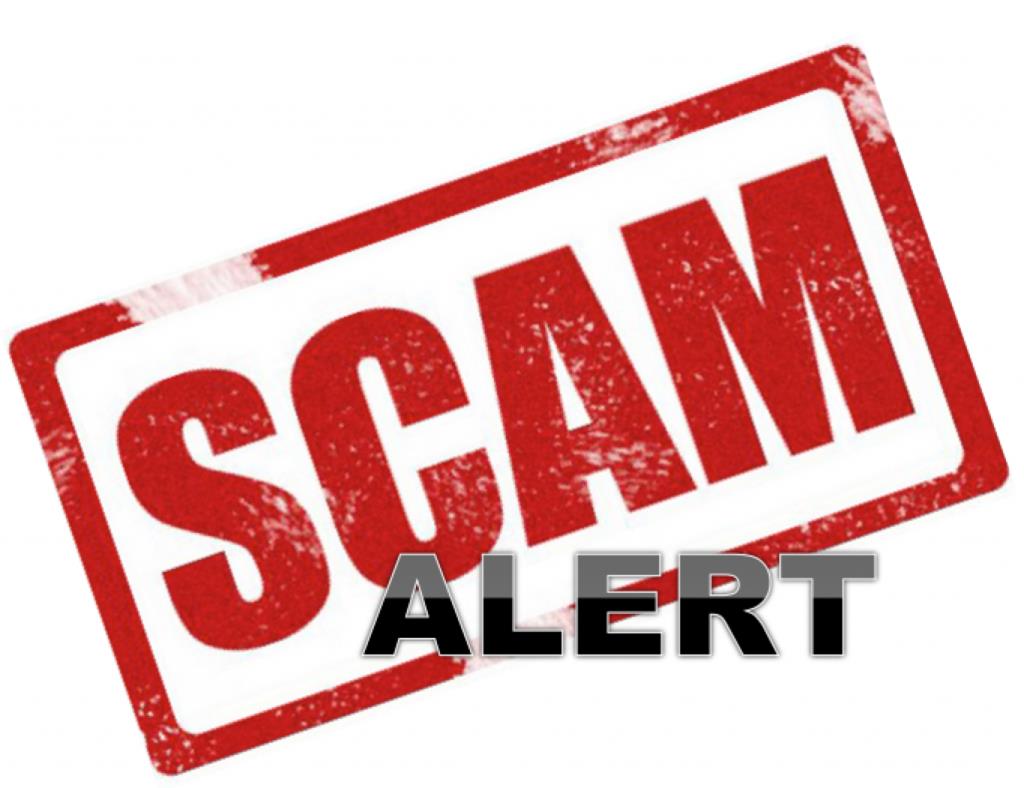Blog

What is e-mail phishing?
This may be a term that you are familiar with. Hopefully this will be because you have seen it in the news or have seen a warning e-mail about it and not because you have been a victim to it yourself. From time to time you may have seen an e-mail from your bank or other financial institution warning you that they have been subject to a “phishing” scam and that if you receive an e-mail from them asking for your details it is not them sending it.
E-mail phishing is a scam which has now extended to sms text messages as well. It’s basically a communication offering you money in return for your personal account details and usually a deposit into a private bank account. Often the fraudsters will convince you that they are setting you up a new account for the funds to be transferred to only for it to be an account that they control. Apparently 25% of people will open a phishing e-mail according to a report by Verizon and it only takes 82 seconds for the first victim to be ensnared.
Where does phishing happen?
Phishing is a worldwide problem but a study in 2013 found that South Africa is the second most targeted country in the world. In fact last year (2014) Online loan provider Wonga South Africa were victimto such a scam. Fraudsters sent text messages and e-mails to people offering them a low loan interest rate of 3.5%. All they needed to do was provide their personal details and then deposit money to cover the cost of administration, legal and agent fees. Once the money had been deposited the loan advance would then be transferred to the customer’s account. Alas this part never happened and many people paid money believing they would be getting their loan in return. Wonga ZA state that they never arrange loans by text or e-mail and that the only way to apply for a loan is through their website.
Are you at risk?
Everyone is at risk from this kind of scam. If you have a smart phone, an e-mail address and have ever transacted on line then you are likely to receive some sort of phishing e-mail or text at some point. It’s not just Wonga ZA that have suffered at the hands of fraudsters. The well- known 419 scams or the Nigerian letter scams have targeted victims in
South Africa, The UK, Spain and many other countries across the world.
How do you protect yourself?
Firstly if it seems too good to be true then it usually is but there are many ways to identify a scam of this nature. You can check the spelling in the website address that you are being asked to visit or the spelling in the e-mail address that the communication came from. You can also call the bank or institution to see if they have sent it to you. Looking it up online to see if they are experiencing any phishing fraud is also a good way to identify if you are being scammed. Financial institutions will never ask for your personal details when they contact you so this should ring alarm bells. It’s good to be on the lookout and to protect yourself but you should also report any suspicious activity so that you can save it happening to others.



Comments